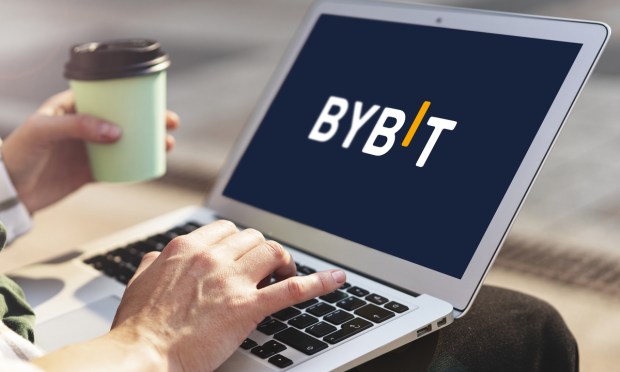
FTX’s quest to recover its lost assets is continuing with a lawsuit against Bybit.
The suit, filed Friday (Nov. 10) in U.S. bankruptcy court, seeks to recoup around $953 million from Bybit — another cryptocurrency exchange — that was withdrawn from FTX before it filed for Chapter 11 in November 2022.
The suit claims Bybit’s investment business Mirana got special treatment that allowed it to pull its funds prior to FTX’s collapse. PYMNTS has contacted Bybit for comment but has not yet received a reply.
“Mirana’s trading activity and affiliation with Bybit also afforded it preferential treatment from FTX.com relative to the average FTX.com customer,” the suit says. “For example, Mirana was granted ‘VIP’ status on the FTX.com exchange, which included concierge support and increased access to FTX Group employees.”
When the collapse began and customers began withdrawing their funds, Mirana, the suit says, used its connections to skip to the head of the line while others waited hours.
“Among other things, Mirana leveraged its VIP connections to pressure FTX Group employees to fulfill its withdrawal requests as soon as assets became available, further reducing the funds available to meet withdrawal requests by FTX.com’s non-VIP customers,” the suit says.
The suit is the latest in a series of examples of the way the shockwaves from FTX’s year-old collapse continue to reverberate.
For example, last week there was a report by Bloomberg News that the Commodity Futures Trading Commission (CFTC) was drafting a proposal to enhance regulatory defenses and protect client funds following the downfall of Sam Bankman-Fried’s exchange.
The Bloomberg report noted that LedgerX, an FTX subsidiary, was overseen by the CFTC and successfully protected customer funds by separating them from company assets.
Kristin Johnson, a member of the CFTC, told Bloomberg that the rules requiring segregation of customer assets should apply to any companies that use similar direct-to-customer models, no matter the derivatives offered. The aim is to prevent the misuse or loss of customer funds and avoid future crises like the implosion of FTX.
This month began with Bankman-Fried, 31, being convicted of fraud and conspiracy a year to the date after an expose revealed the shortfall at his company.
“It was one of the more high-profile white-collar criminal trials in recent memory, and one of the more satisfying conclusions for many observers — and countless victims,” PYMNTS wrote.